In the fast-paced digital world of 2025, website speed and reliability are paramount. Solid State Drive (SSD) hosting has become the gold standard, offering faster data access, improved performance, and enhanced durability compared to traditional Hard Disk Drives (HDDs). Whether you’re launching a personal blog, an e-commerce platform, or a corporate website, choosing the right SSD web hosting provider can significantly impact your site’s success.
This comprehensive guide explores the top SSD web hosting providers in 2025, highlighting their features, pricing, and what sets them apart.
Best SSD Web Hosting Providers
#1. Hostinger is a popular web hosting provider known for offering affordable and reliable hosting solutions for individuals, small businesses, and developers. Established in 2004, Hostinger has grown rapidly, serving millions of users worldwide with a strong focus on performance, simplicity, and customer support.
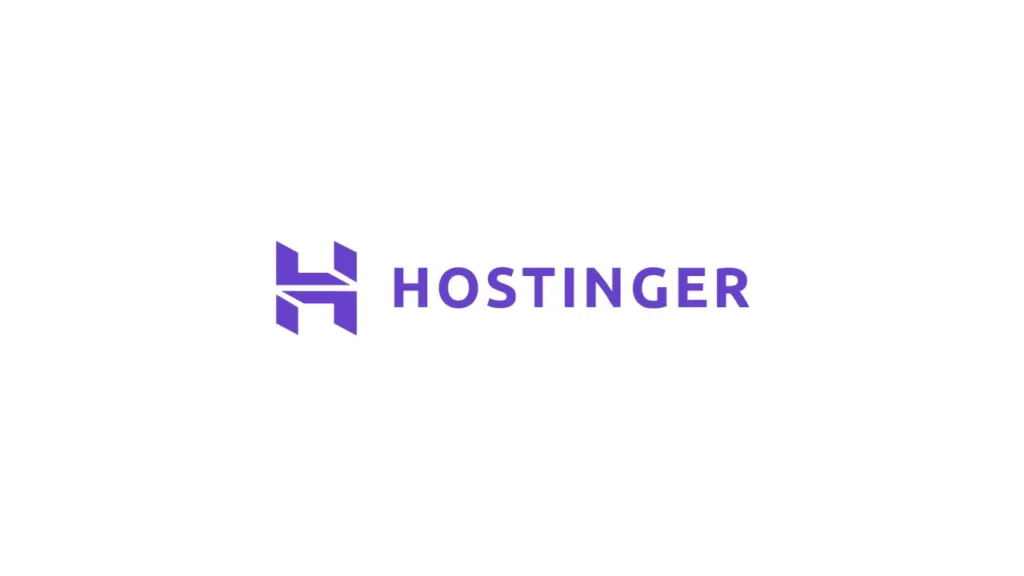
Overview of Hostinger Services
Hostinger offers a variety of hosting options:
- Shared Hosting
- Cloud Hosting
- VPS (Virtual Private Server) Hosting
- WordPress Hosting
- Minecraft Hosting
- Email Hosting
- Domain Registration
- Website Builder (Zyro)
Read Also: Low-Cost Web Hosting with Excellent Support
Pros of Hostinger
- Among the lowest-priced hosting services, especially for first-time users.
- Great value with lots of features even in the basic plan.
- Fast loading times due to LiteSpeed web server and built-in cache.
- Uptime is generally above 99.9%.
- User-Friendly Interface
- Custom control panel called hPanel (instead of cPanel), designed for ease of use.
- Clean dashboard for managing domains, websites, email, and more.
- Free SSL certificate
- Free domain name (with Premium & Business plans)
- Free website migration
- Great Support
- 24/7 live chat support with fast response times.
- Knowledge base and tutorials for DIY troubleshooting.
- WordPress Optimization
- WordPress acceleration features.
- One-click WordPress installation.
- Global Data Centers
- Multiple server locations (USA, UK, Netherlands, Singapore, India, etc.) for faster local performance.
Cons of Hostinger
- No Traditional cPanel
- Uses its hPanel, which may not be familiar to some users used to cPanel.
- No Daily Backups on Basic Plans
- Daily backups are only included in higher-tier plans (Business or Cloud).
- No Phone Support
- Only live chat and email — no direct phone line for support.
- Higher Renewal Prices
- Prices increase significantly upon renewal.
- Promotional pricing applies only for the first term.
#2. A2 Hosting is a performance-focused web hosting company founded in 2001. It is well-known for offering high-speed hosting, developer-friendly features, and excellent customer support. With a strong emphasis on speed, A2 Hosting uses Turbo Servers, NVMe SSD storage, and optimized caching to deliver fast loading times.
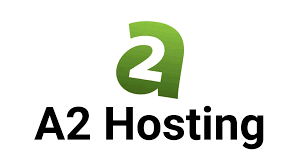
Pros of A2 Hosting
- Blazing Fast Performance
- Turbo Servers (up to 20x faster page loads).
- NVMe SSD storage across most plans.
- LiteSpeed-based server stack (for Turbo plans) with caching tools.
- 99.9% uptime commitment with reliable infrastructure.
- Stable hosting environment with proactive server monitoring.
- Supports a wide variety of programming languages (PHP, Python, Ruby, Node.js, etc.).
- Root access is available on VPS and dedicated servers.
- Staging, SSH access, Git integration, and more.
- 24/7/365 support via live chat, email, and phone.
- Highly rated support team that is knowledgeable and quick to respond.
- Free SSL certificates, HackScan protection, and DDoS protection.
- 2FA, firewall, malware scanning.
- A2 Hosting offers free site migration performed by their experts.
- Carbon neutral since 2007 – they’re environmentally conscious.
Cons of A2 Hosting
- Initial discounts are great, but prices jump significantly after the first term.
- The top performance benefits (like Turbo Servers) are only available on higher-tier plans.
- While it uses cPanel, the number of options and settings might overwhelm beginners.
- The entry-level plan is limited in features and performance (no Turbo, fewer resources).
VPS Hosting
- Unmanaged VPS: Starts at $4.99/month.
- Managed VPS: Starts at $39.99/month.
- Offers full root access (on unmanaged), SSD/NVMe storage, and scalable resources.
Dedicated Hosting
- Starts at $79.99/month for unmanaged, up to $179.99/month for managed plans.
- Enterprise-level hosting with full root access and high performance.
3. InMotion Hosting is a U.S.-based web hosting company founded in 2001. It’s known for offering reliable, secure, and business-class hosting services, especially for small to medium-sized businesses, agencies, and developers. With a strong reputation for solid performance and top-notch customer service, InMotion Hosting offers a wide range of hosting solutions.

Pros of InMotion Hosting
- SSD/NVMe storage across all plans.
- Good server response times.
- Data centers on both U.S. coasts (East & West) for optimized speed.
- Free professional website transfer from another host (including email & databases).
- Free SSL, malware protection, hack & DDoS protection, automatic backups (some plans).
- 24/7 support via chat, email, and phone.
- Known for knowledgeable and friendly support teams.
- SSH access, Git, PHP version control, WP-CLI, MySQL, PostgreSQL, Python, Ruby.
- Ideal for agencies and dev teams.
- Easy upgrades from shared to VPS or dedicated as your site grows.
- Beginner-friendly drag-and-drop builder built on WordPress.
Cons of InMotion Hosting
- Not the cheapest, especially after renewal.
- Lower plans come with more conservative storage than competitors like Hostinger.
- It might not be ideal for international websites targeting non-U.S. audiences.
- Manual verification for new accounts (mainly for fraud prevention) can delay setup.
- You’ll need to integrate your own CDN or upgrade for it.
#4. Bluehost is one of the most popular web hosting companies globally, especially known for its WordPress integration. Founded in 2003 and officially recommended by WordPress.org, Bluehost is best for beginners, bloggers, and small businesses who want a simple, reliable hosting experience.
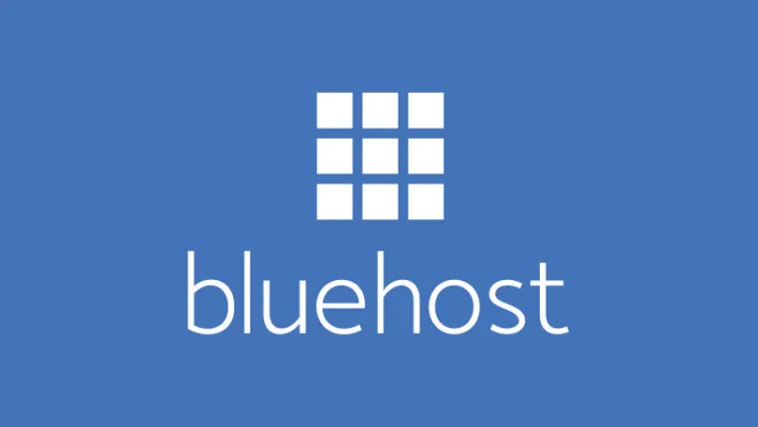
Pros of Bluehost
- Officially Recommended by WordPress
- One of the few hosts officially endorsed by WordPress.org.
- Deep WordPress integration and optimization.
- Very easy to use, with a clean, intuitive dashboard.
- One-click WordPress install and guided setup.
- Strong Customer Support
- 24/7 support via phone, live chat, and email.
- Extensive knowledge base and video tutorials.
- Freebies with Every Plan
- Free domain for 1 year
- Free SSL certificate
- Free CDN (Cloudflare)
- Includes email, subdomains, FTP, MySQL, cPanel, and staging environment.
- Bluehost Website Builder
- Drag-and-drop builder with customizable templates.
- Combining ease of use with WordPress flexibility.
Read Also: Best Free Web Hosting Services in 2025
Cons of Bluehost
- Higher Renewal Rates
- Entry prices are attractive, but renewal prices jump significantly.
- Limited Control on Lower Plans
- Some features, like staging and backups, are only available on higher-tier plans.
- No Monthly Billing for Shared Hosting
- Minimum term is 12 months, with the best prices for 36 months.
- Upselling Can Be Annoying
- The checkout process includes multiple add-ons by default.
- Some useful tools (like backups) may cost extra unless you upgrade.
- No Data Centers Outside the U.S.
- All servers are based in North America not ideal for international performance.
#5. DreamHost is a U.S.-based web hosting provider that has been around since 1996, making it one of the oldest and most trusted names in the industry. Known for its strong WordPress support, transparent pricing, and developer-friendly features, DreamHost is officially recommended by WordPress.org, alongside Bluehost and SiteGround. It distinguishes itself with a commitment to privacy, a custom control panel, and a 97-day money-back guarantee, which is far more generous than most competitors.
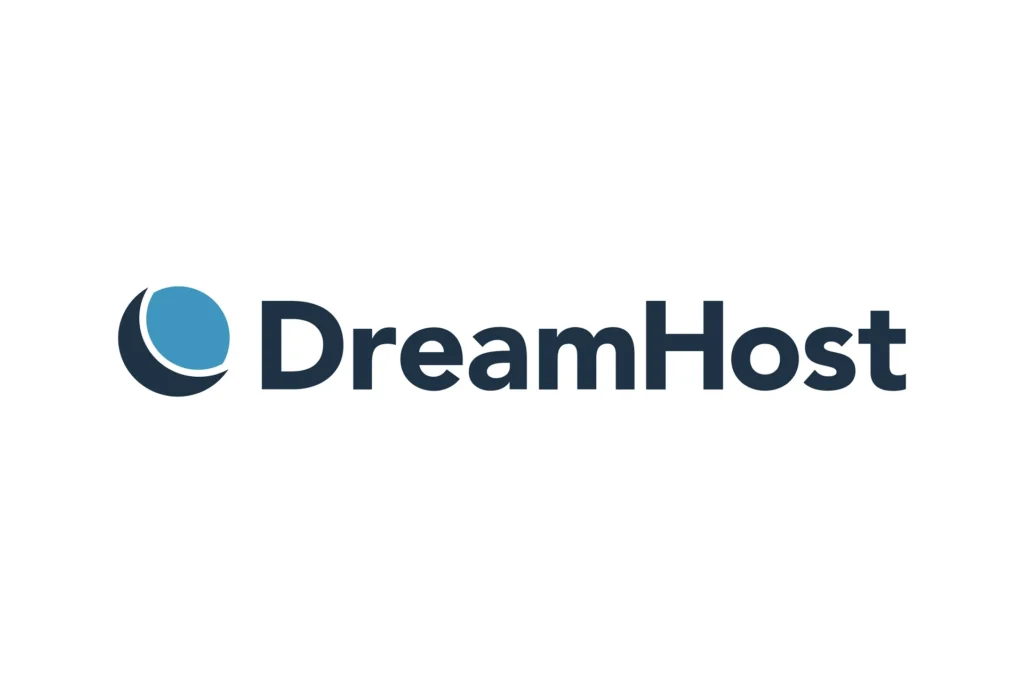
Pros of DreamHost
- No sneaky upsells or aggressive pricing tricks.
- Free domain and SSL are included with most plans.
- Optimized servers for WordPress.
- Automatic updates, free site migrations, and 1-click installs.
- Free WHOIS privacy protection on domains.
- Strong stance on user data rights.
- 97-day money-back guarantee (industry-best).
- Unmetered bandwidth on shared hosting plans.
- SSH access, Git, cron jobs, WP-CLI, Ruby, Python, Node.js supported.
- Custom-built control panel with clean UX.
- Chat support, email ticketing, and optional phone callbacks (extra fee).
- WordPress site migrations are free (with DreamPress plans or via a plugin).
Cons of DreamHost
- No, cPanel may have a learning curve for users familiar with traditional hosting panels.
- You must pay extra for phone callbacks unless you’re on higher-tier plans.
- Only supports Linux-based hosting.
- Automated daily backups are included, but manual backups are limited or require upgrades.
- Not as fast as A2 Hosting’s Turbo Servers or Hostinger’s LiteSpeed setup (but still good).
#6. SiteGround is a premium web hosting provider renowned for its speed, reliability, and exceptional customer support. Established in 2004, it has become a preferred choice for WordPress users, developers, and small to medium-sized businesses seeking robust hosting solutions.
Performance: Utilizes Google Cloud infrastructure and SSD storage, ensuring fast load times and a 99.99% uptime guarantee
Security offers free SSL certificates.
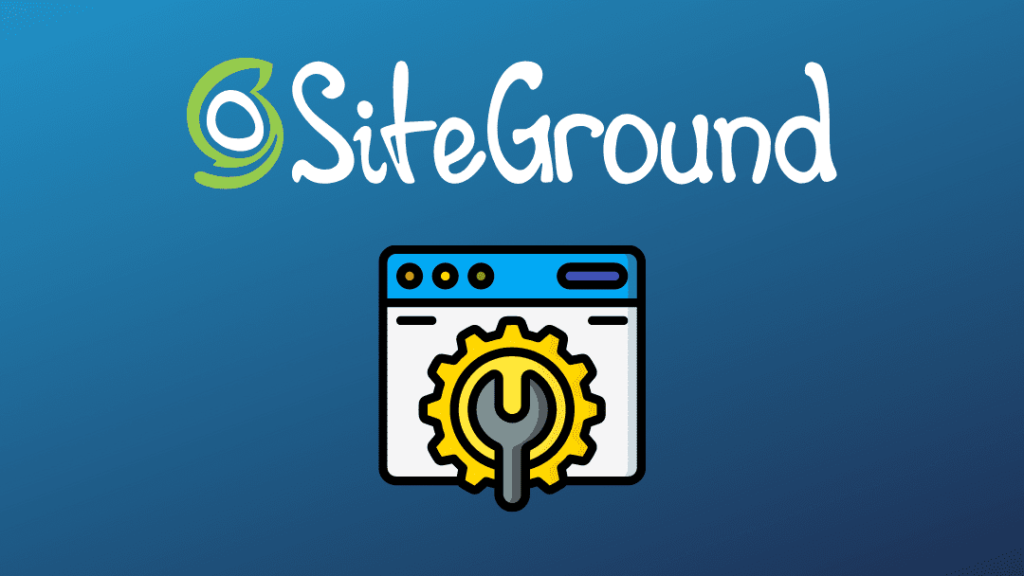
Key Features
- daily backups, a Web Application Firewall (WAF), and proactive server monitoring
- User-Friendly Tools Include a drag-and-drop website builder, one-click WordPress installation, and a custom control panel for easy site management
- Customer Support: Provides 24/7 support via live chat, phone, and tickets, with priority support available on higher-tier plans
- Eco-Friendly Hosting: Commits to carbon neutrality by purchasing renewable energy credits and utilizing green data centers
Pros
- Exceptional Uptime Consistently delivers 99.99% uptime, ensuring your website remains accessible
- Fast Loading Speeds Optimized for speed with SSD storage and Google Cloud infrastructure
- Robust Security Features: Includes daily backups, free SSL, and proactive monitoring
- User-Friendly Interface: Custom control panel and website builder simplify site management
- Eco-Conscious Hosting operates on renewable energy, appealing to environmentally conscious users
Cons
- Higher Renewal Rates: Significant increase in pricing upon renewal, with some plans tripling in cost
- Limited Storage on Lower-Tier Plans Entry-level plans offer limited web space, which may not suffice for media-rich sites
- No Free Domain.. Unlike some competitors, SiteGround does not include a free domain with its hosting plans
- Setup Fee for Monthly Plans: A $14.95 setup fee applies to one-month trial plans
#7. GreenGeeks
GreenGeeks is a web hosting provider renowned for its commitment to environmental sustainability, offering a range of hosting solutions powered by renewable energy. Established in 2008, GreenGeeks combines eco-friendly practices with robust hosting features, catering to individuals, small businesses, and developers seeking reliable and green hosting services.
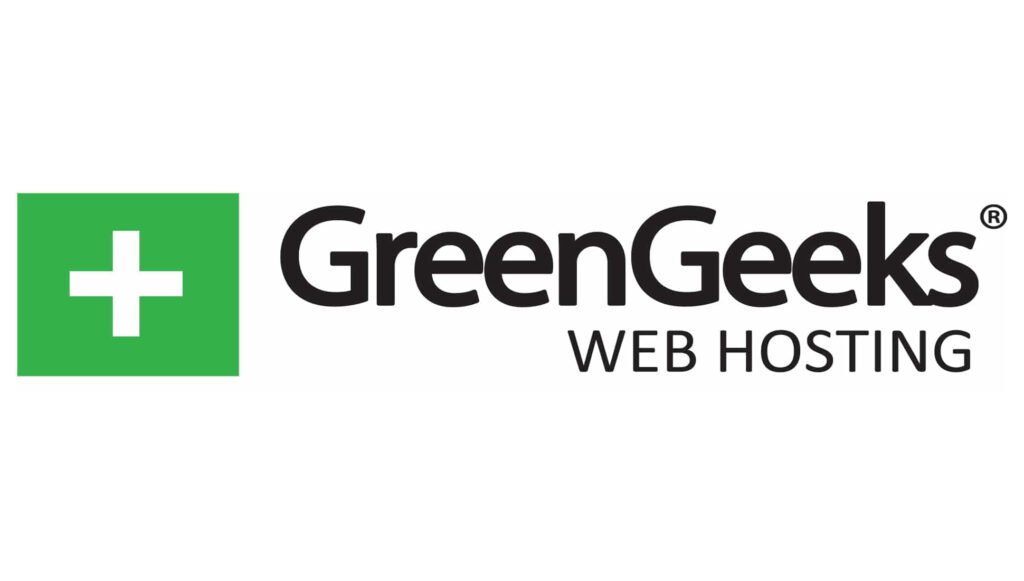
Pros
- Environmentally Responsible Operates on renewable energy, offsetting carbon emissions and contributing to environmental sustainability.
- Reliable Performance employs advanced technologies like LiteSpeed servers and SSD storage to deliver fast and dependable hosting services
- Comprehensive Security Includes free SSL, nightly backups, and proactive monitoring to protect websites from threats.
- Developer Tools offers a suite of tools catering to developers, including SSH access and support for various programming languages.
- Global Data Centers Hosts websites in data centers located in North America, Europe, and Asia-Pacific, enhancing website loading speeds for a global audience
Cons
- Higher Renewal Rates. Promotional prices apply only to the initial term; renewal rates are significantly higher
- Setup Fee for Monthly Billing: A $15 setup fee is charged for monthly billing plans, which can be avoided by choosing annual billing
- Limited Features in Lite Plan The Lite plan lacks some advanced features available in higher-tier plans, such as on-demand backups and enhanced performance.
- No Website Staging: Does not offer a staging environment for testing website changes before going live
Conclusion
Selecting a web hosting provider that utilizes SSD (Solid State Drive) storage is crucial for optimal website performance, as SSDs offer faster data access speeds and improved reliability compared to traditional HDDs. Based on recent expert reviews and industry analyses, here are some of the top SSD web hosting providers

